- Title: Mission: Impossible – Rogue Nation
- IMDb: link

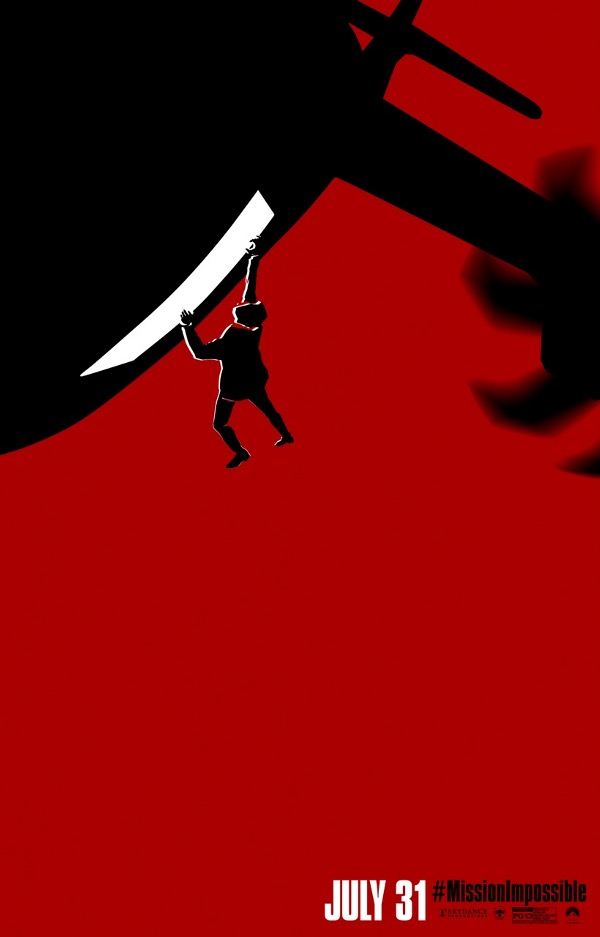 While Mission: Impossible Ghost Protocol and Mission: Imposible III may have more dramatic weight given the personal motivations that drive each film, director Christopher McQuarrie instead focuses solely on delivering an immensely enjoyable summer popcorn flick that feels like an old Bond film (complete with multiple locations around the globe and a swagger the Daniel Craig films lack) mixed with the sensibilities of Ocean’s Eleven. The result may or may not be the best in the franchise, but it is arguably the most fun film the series has produced.
While Mission: Impossible Ghost Protocol and Mission: Imposible III may have more dramatic weight given the personal motivations that drive each film, director Christopher McQuarrie instead focuses solely on delivering an immensely enjoyable summer popcorn flick that feels like an old Bond film (complete with multiple locations around the globe and a swagger the Daniel Craig films lack) mixed with the sensibilities of Ocean’s Eleven. The result may or may not be the best in the franchise, but it is arguably the most fun film the series has produced.
What makes my enjoyment of Mission: Impossible – Rogue Nation all the more surprising is I’m not the biggest fan of the plot-framing device McQuarrie chooses to recycle in planting our heroes on the outside of their agency working essentially as rogue agents to save the day for those not smart enough to listen to them (here played by Alec Baldwin). The series tried it once, with Brian De Palma‘s bastardization of the original series, with mixed results. The plot is so common the Bond franchise has used it multiple times (License to Kill, Quantum of Solace, Diamonds Are Forever to name three – none of which would be considered among the series’ best).
The fifth time around the plot doesn’t center around technology, information, a biological weapon, or one specific villain Ethan Hunt (Tom Cruise) has a personal stake in taking down. Instead Ethan is hunting “The Syndicate,” a private secretly-funded organization of top spies playing shadow games on the world stage so well that no one else truly believes it exists. With Brandt (Jeremy Renner) stuck in Washington dealing with Conressional oversight investigating shutting down the IMF thanks in large part to the testimony of the head of the CIA (Baldwin), Hunt soon finds out in the cold and hunted by the government he’s served loyally for decades working alone halfway around the world.
One of the few negatives to the film is how little it uses Renner in the action scenes. That said, the scenes in which Brandt does appear, particularly his responses to the hearings, are wonderfully comedic. With him largely removed from the equation the script opens up the opportunity for Simon Pegg to do far more than he’s been asked to do in a Mission: Impossible film so far. And it’s glorious to watch Benji in action. Pegg is terrific stealing three extended sequences of the film including his reassignment, his role in an impossible break-in, and a trip to the opera. Ving Rhames isn’t given nearly as much to do, but it is nice to see Luther return for yet another film as the only character other than Ethan to appear in all five films.
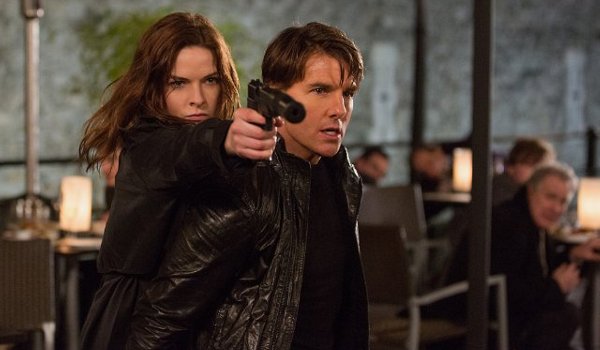
I’ve also got to stop and praise McQuarrie’s use of Alec Baldwin in how his character calls into question the large destruction showcased in Ghost Protocol. Baldwin, like everyone else involved, is obviously enjoying himself here, but he’s also got a point to how large a public liability the IMF has become. As to the other new face, one could argue McQuarrie over-sexualizes double-agent Ilsa Faust (Rebecca Ferguson) except that she is cast as the role of a femme fatale whose sexuality to lure the hero in is an integral part of her character, and the simple truth is she kicks as much ass (if not more) than Ethan does over the course of the movie. The summer of action heroines continues!
I won’t say much about the film’s villain (Sean Harris) whose identity and motives the script wisely keeps hidden for a large chunk of the movie’s running time. Harris is fine in the role but his character is, by design, the least interesting portrayed on screen (especially when compared to Ilsa and his more physically impressive group of canon fodder soldiers he keeps throwing in Ethan’s way). As part of a larger riddle for Ethan to solve his character works while allowing Ilsa to shine as the far more conflicted and intriguing character.
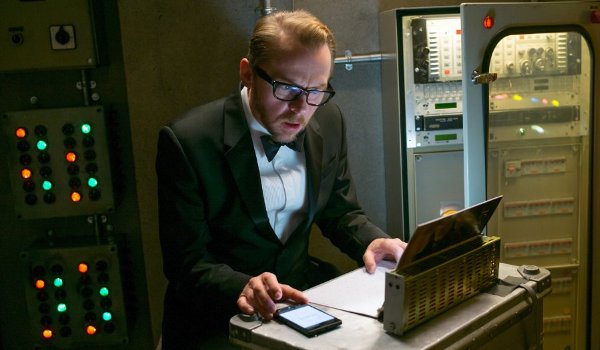
The movie’s trailers have already given away the film’s opening stunt involving Cruise hanging on for dear life during a cargo plane’s takeoff, but how the various supporting characters each play a role in the sequence, and the joke on which it concludes, is unexpected while setting the stage for the tone of the rest of the movie. The film’s big heist feels a bit over-the-top, less impressive than cracking Langley (the only scene I really enjoy from the first film) or the Dubai sequence in Ghost Protocol, but the script sells the reasons for the heightened security around the object making it seem possible (if still goofy). Even when the script appears about to get into trouble, McQuarrie relies on Cruise and company to sell the more ridiculous aspects of the story and deliver one of the best movies of what has been a mostly disappointing summer (even if I think it wastes an opportunity for a far more interesting ending that could have spun the series into an entirely new direction).


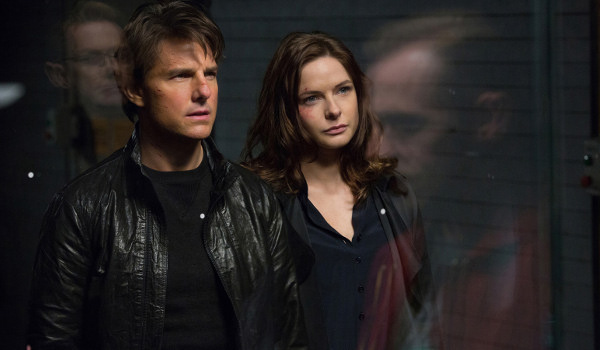

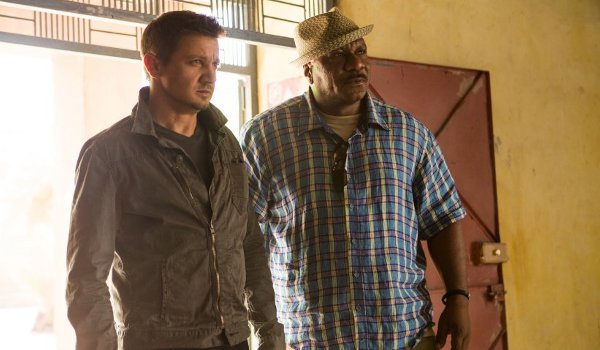
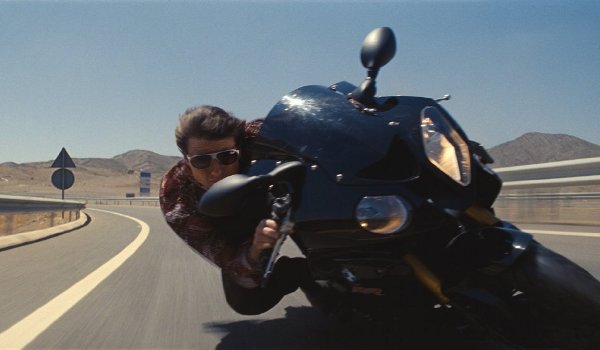

Comments are closed.